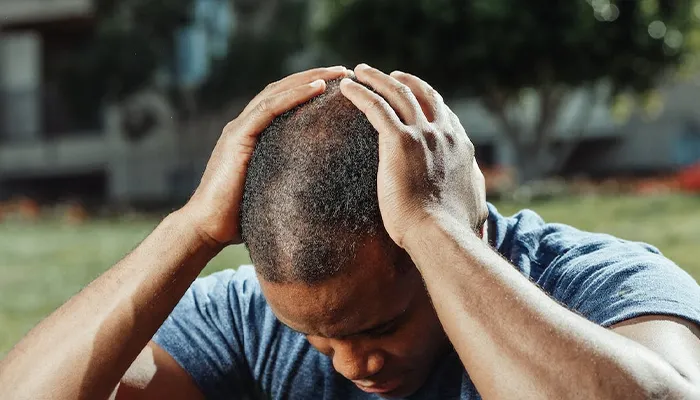You’ve invested in a quality gaming headset to boost your experience, but did you ever stop to consider if those headphones might actually be damaging your hearing? Gaming for hours with headphones playing loud music and sound effects right into your ears can potentially cause permanent harm.
The truth is, that many gaming headsets are engineered to maximize sound quality and bass, not hearing health. Prolonged use and exposure to high volumes put you at risk of noise-induced hearing loss and tinnitus.
Before you dive into your next marathon gaming session, you might want to turn down the volume to protect your ears. Loud noises may feel exciting at the moment, but you only get one set of ears—take care of them!
How Gaming Headphones Can Damage Hearing
Those gaming headphones may seem like the perfect accessory, but they could damage your hearing over time.
Extended use can lead to noise-induced hearing loss
Spending hours with headphones blasting can expose your ears to unsafe decibel levels, potentially causing permanent damage. The tiny hair cells in your inner ear that detect sound can become damaged or destroyed.
At first, you may experience ringing in your ears or muffled hearing. Over time, frequent exposure can lead to noise-induced hearing loss which often starts with higher frequency sounds becoming hard to hear.
Once the damage is done, it’s irreversible. The best way to protect yourself is to avoid overdoing it. Take breaks from headphone use, lower the volume, and limit gameplay sessions to 2 hours max. If your ears ever feel pained or ring after playing, that’s a sign it’s too loud.
Headphones can trap heat and moisture
Gaming headphones, especially noise-canceling ones, trap body heat and sweat close to your ears. This warm, moist environment is perfect for bacteria and fungi to grow, potentially leading to infections like swimmer’s ear.
To prevent problems, wipe down the headphones regularly, give your ears a break, and avoid scratching or poking around.
Using headphones for gaming in moderation and at a safe volume, keeping your equipment clean, and giving your ears adequate rest periods are the best ways to enjoy your games without risking long-term damage or discomfort. Your hearing health is worth the effort!
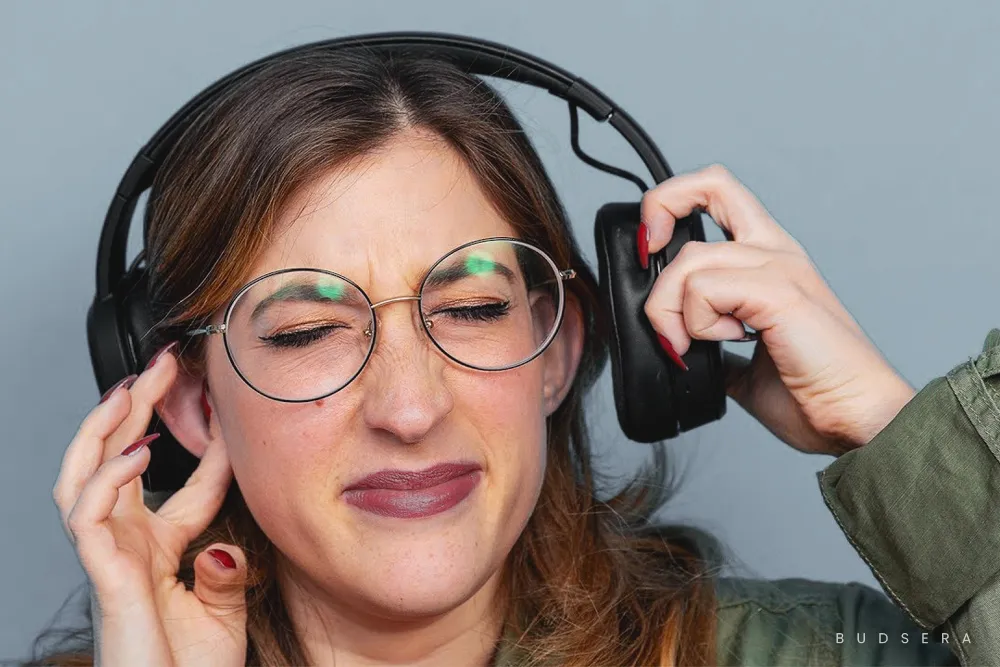
Louder Volume and Longer Exposure Times Increase the Risk
Gaming for hours with headphones on can do some serious damage to your ears over time. The volume and duration of exposure are two of the biggest factors.
Many gaming headsets are designed to deliver an immersive experience, with volume levels able to reach up to 120 decibels. Prolonged exposure to anything over 85 decibels can cause permanent hearing loss.
At higher volumes, damage can happen in just 15 minutes. The louder and longer you listen, the higher the risk.
It may not seem loud while you’re gaming, but sound levels are amplified directly into your ears. Take breaks to give your ears a rest, limit use to 1-2 hours at a time, and avoid cranking the volume.
Even at a lower volume, extended use can be problematic. Listening for more than a couple of hours a day, day after day, doesn’t give your ears adequate recovery time. Give them a break when you’re not gaming by avoiding other headphone use.
Other precautions you can take include choosing a headset with noise-canceling or sound-isolating ear cups, which block out background noise so you can listen at a lower volume. You should also give your ears a break from headset use for a couple of days each week.
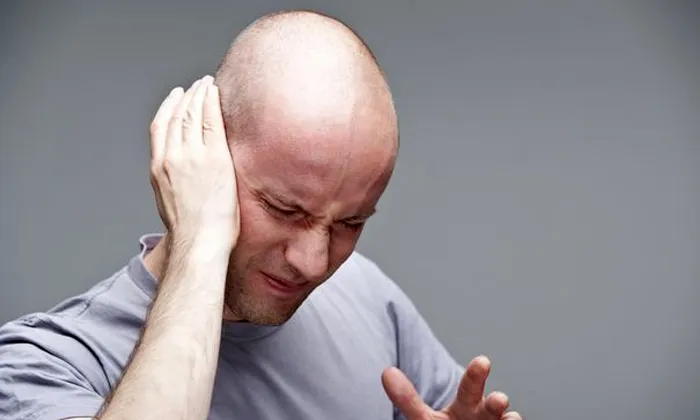
Are over-ear headphones better than in-ear ear for gaming?
Over-ear headphones, known as circumaural headphones, are generally better for gaming than in-ear buds. Here are a few reasons why:
Comfort
Over-ear headphones are designed to comfortably fit around your entire ear, with padded cups that don’t cause discomfort over long periods of use.
In-ear buds, on the other hand, can become irritating when worn for hours at a time while gaming. The over-ear style prevents pain from prolonged pressure and allows your ears to breathe.
Sound quality
The larger drivers and ear cups on over-ear headphones produce a wider range of deep, rich sounds that enhance the gaming experience.
They provide a more immersive surround sound with crisp highs, full mid-range tones and potent bass. In-ear buds struggle to match the powerful, high-fidelity audio that over-ear headphones achieve.
Noise isolation
The padded cups of over-ear headphones block out ambient noise so you can focus on the sounds coming through the headset.
They prevent outside distractions from interrupting your gameplay. In-ear buds, even with noise-canceling technology, still allow some background noise to seep in. Over-ear headphones fully enclose your ears for the best noise isolation.
While over-ear headphones may seem bulkier, for serious gamers the benefits of comfort, audio quality and noise cancelation far outweigh any downside.
Your ears will thank you for choosing an over-ear gaming headset to avoid long term damage and maximize your experience.
If in-ear buds are your only option, be sure to take breaks to rest your ears and avoid listening at high volumes. But when possible, over-ear headphones are really the best choice for gaming.
Related: 11 Most Expensive Gaming Headsets
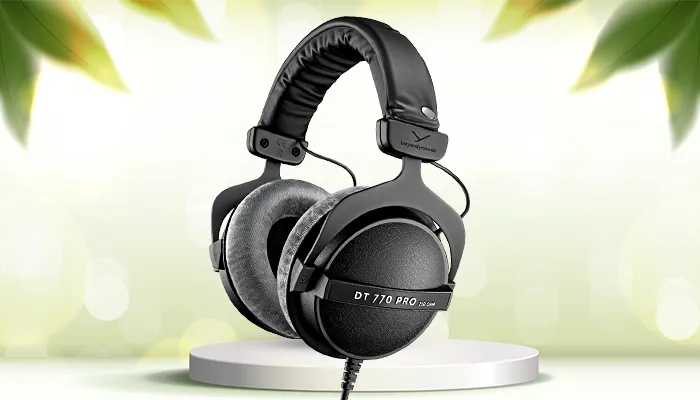
Choosing the Right Headphones for Gaming
When picking out gaming headphones, there are a few things to consider to protect your ears. First, look for over-ear headphones rather than on-ear ones. Over-ear cups fully enclose your ears, blocking out ambient noise.
On-ear cups sit directly on your ears, allowing in outside sounds and requiring you to turn the volume up higher to compensate, which can lead to hearing damage over time.
You’ll also want to consider the headphone’s frequency range. For gaming, look for a wide, balanced range, especially in the midrange where most game audio lies.
A range of 20 to 20,000 Hz is good. Wider ranges, while appealing, often come at the cost of accuracy. For the most authentic experience, find headphones tuned specifically for gaming.
Check the headphone’s sensitivity and impedance. Sensitivity refers to how loud the headphones can get, measured in decibels.
For gaming, 90 dB or higher is good. Impedance refers to the headphones’ resistance to electrical signals. Most gaming devices can handle 32 ohms or less. Higher impedance requires more power and may produce static.
Consider a headphone’s soundstage, or how well it mimics surround sound. Some headphones use virtual 7.1 channel surround sound with multiple drivers in each ear cup.
Others rely on software enhancement. For the best experience, look for reviews on how accurate the headphone’s surround sound is.
Finally, look for extra features like a boom mic, volume control, and compatibility with your gaming platforms. A retractable boom mic lets you communicate with your team.
Inline volume and mic controls make adjustments easy without pausing the game. And check that the headphone works with your gaming device before you buy.
Choosing headphones suited to your needs will ensure an immersive experience and protect your hearing so you can continue to enjoy gaming for years to come. Be sure to give your ears a break from time to time, and avoid cranking the volume for long periods. Your ears will thank you!
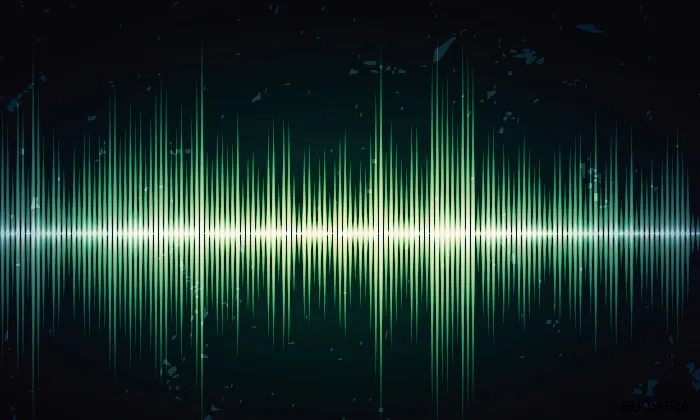
Setting Volume Limits on Gaming Headphones
Gaming headphones are designed to provide an immersive experience, but that can come at the cost of your hearing health if you’re not careful. As exciting as that epic battle may sound, it’s important to set some limits.
Volume
The volume on gaming headphones can often go up to dangerously high levels. As a rule of thumb, if people around you can clearly hear what’s playing through your headphones, it’s too loud.
Keep the volume at 60% or less of the maximum level. This helps prevent damage to the hair cells in your inner ear responsible for hearing.
Once you start gaming, be sure to take breaks to give your ears a rest. Even at a moderate volume, extended use can lead to temporary hearing loss and tinnitus (ringing in the ears). A good guideline is to limit gaming sessions to 2-3 hours at a time, a few times per week.
It may be tempting to crank up the volume for an intense battle, but avoid doing so. Loud noises over 85 decibels can cause permanent hearing damage, and gaming headphones at full volume are well over that threshold. Your hearing health is not worth sacrificing for any game.
If you start to experience muffled hearing, ringing in your ears, or sensitivity to loud noises after gaming, your headphones are causing damage.
See an audiologist, and consider switching to open-back headphones or earbuds that sit outside the ear. Your ears will thank you, and you’ll still enjoy an immersive experience – just at a safe volume.
Protecting your hearing now means you’ll still be able to enjoy gaming for years to come. Keep the volume in moderation, take frequent breaks, and see a doctor right away if you notice any changes or loss of hearing. Your ears are valuable, so take good care of them!
Hearing loss in adolescents may be caused by loud noise from toys, music by headphones, and concerts or events
Wikipedia
How can I make my gaming headset more comfortable?
Several adjustments can make a big difference in comfort:
- Loosen the headband a notch for less pressure
- Adjust each ear cup to sit evenly over your ears
- Replace the default ear pads with softer, velour pads
- Take short breaks to give your ears a rest from the ear pads and allow them to breathe
Other Ways to Prevent Hearing Loss From Gaming
Other ways to prevent hearing loss from gaming include:
Limit gaming headphone use
Give your ears a break from the constant noise by limiting how long you wear your gaming headphones. Take them off for at least 15 minutes every hour or two of continuous use. Your ears will appreciate the rest from the stimulation.
Turn down the volume
Turn the volume down to a reasonable level. As a rule of thumb, if the person next to you can hear the audio coming from your headphones, it’s too loud. Over time, exposure to loud noises can lead to noise-induced hearing loss.
Use open-back headphones
Open-back headphones allow some outside noise to enter, so you don’t have to turn the volume up as high to hear details. This helps prevent you from blasting your eardrums to pick out subtle sounds. Popular open-back options for gaming include the Sennheiser HD 599 and the SteelSeries Arctis Nova Pro.
Give your ears breaks from headphones
In addition to limiting use during gaming sessions, avoid using headphones during non-gaming activities. Give your ears breaks by listening to music through speakers, watching TV without headphones, or just enjoying some peace and quiet. Constant headphone use, even at moderate volumes, can fatigue your ears.
See an audiologist
If you’re concerned about your hearing or are experiencing symptoms like ringing in your ears, muffled hearing, or difficulty understanding speech, consult an audiologist. They can test your hearing to determine if any damage has already been done and recommend treatment to prevent further loss. It’s best to catch hearing issues early.
Should I get normal headphones or gaming headphones?
It depends on your needs and priorities. Gaming headsets typically offer a built-in mic for chatting, virtual surround sound for immersion, and often bold, gaming-centric designs. Regular headphones may be more versatile, portable, and discreet, with high-quality sound for music as well as games.
For the best of both, look for a gaming headset with a removable mic, stereo or virtual surround sound, and a mature design that doesn’t scream “gamer.” That way you get the features you want for play along with flexibility and quality for everyday use. Your ears will thank you, and you’ll get more enjoyment from whatever you listen to.
FAQs
A lot of gamers experience discomfort from wearing headphones for long periods. Here are some common questions about gaming headsets and ear health:
Conclusion
So there you have it, the lowdown on whether those flashy gaming headphones you love are secretly damaging your ears. The truth is, that moderation is key. While gaming headphones can be fine in moderation and at normal volumes, cranking them up to the max for hours at a time day after day can potentially lead to long-term hearing damage.
The good news is, you have the power to prevent it. Keep the volume at moderate levels, take breaks to give your ears a rest, and consider noise-canceling or open-back options if possible. Your hearing is precious, so do your ears a favor and avoid overdoing it. Game on, but game responsibly! Protect your hearing so you can continue enjoying all the sounds of the gaming world for years to come.
- Charging Bluetooth Headphones During Use: Is It Possible? - January 9, 2024
- Why Over-Ear Headphones Best for Hearing Health? (7 Reasons) - December 12, 2023
- Fixing the Bose Earbuds Not Charging in Case Problem: Solutions That Work - November 24, 2023
